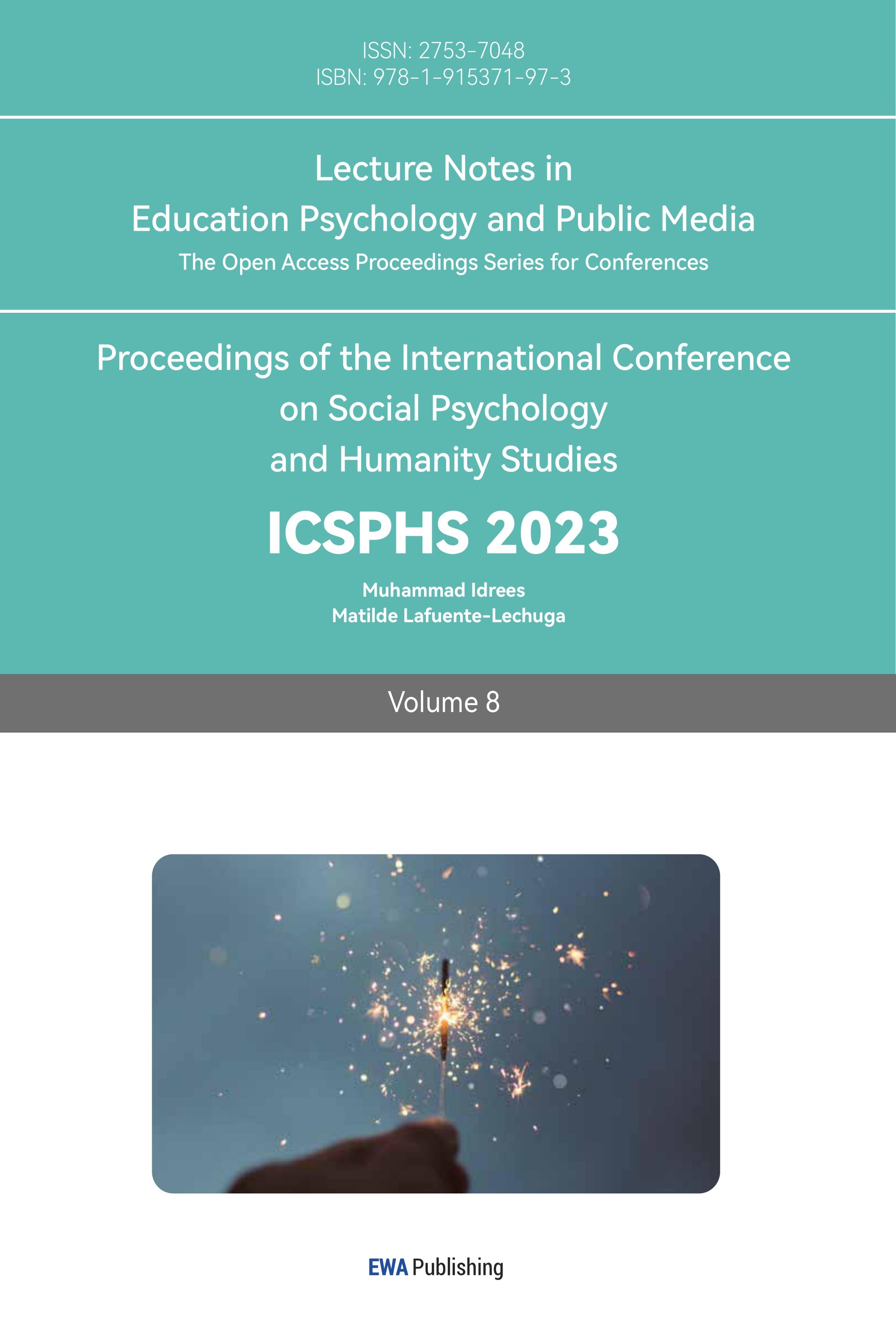References
[1]. Duignan, B. (2021). Voter suppression. Encyclopedia Britannica Online. Retrieved September 18, 2022, from https://www.britannica.com/topic/voter-suppression
[2]. Arnwine, B. (2022). 72 Forms of Voter Suppression. Transformative Justice Coalition. Retrieved September 18, 2022, from https://tjcoalition.org/72-forms-of-voter-suppression/
[3]. Block the Vote: How Politicians are Trying to Block Voters from the Ballot Box. (2021, August 18). American Civil Liberties Union. Retrieved September 18, 2022, from https://www.aclu.org/news/civil-liberties/block-the-vote-voter-suppression-in-2020
[4]. Frieden, J. (2020, June). We should pay closer attention to the interactions between politics, economics, and otherrealms. International Monetary Fund. Retrieved September 18, 2022, from https://www.imf.org/en/Publications/fandd/issues/2020/06/political-economy-of-economic-policy-jeff-frieden
[5]. 2021 Employer Health Benefits Survey. (2021, November 10). KFF. Retrieved September 18, 2022, from https://www.kff.org/report-section/ehbs-2021-section-1-cost-of-health-insurance/
[6]. Smith, J., & Pattabhiraman, T. (2020, October 29). How inequality keeps people from voting. Greater Good Magazine. https://greatergood.berkeley.edu/article/item/how_inequality_keeps_people_from_voting
[7]. Broady, K. (n.d.). The high cost of not voting: voter suppression and the racial income gap. State of Black America. Retrieved September 18, 2022, from http://soba.iamempowered.com/high-cost-not-voting-voter-suppression-and-racial-income-gap
[8]. U.S. Department of the Treasuy. (nd). Retrieved from https://home.treasury.gov/about/offices
[9]. Solt, F. (2008). Economic inequality and democratic political engagement. American Journal of Political Science 52(1), 48-60.
[10]. Tanzi, V. (2018, March 31). Factors that Shape the Demand and Supply of Taxes. Elgaronline. Retrieved September 18, 2022, from https://www.elgaronline.com/configurable/content/9781788116862$002f07_chapter1.xhtml?t:ac=9781788116862%24002f07_chapter1.xhtml
[11]. Jain, S., & Mukand, S. W. (2003). Redistributive Promises and the Adoption of Economic Reform. American Economic Review, 93(1), 256-264. https://doi.org/10.1257/000282803321455269
[12]. Acemoglu, D. (2003). Why not a political Coase theorem? Social conflict, commitment, and politics. Journal of Comparative Economics, 620-652.
[13]. Reisman, N. (2022, July 18). New York's tax revenue isn't slowing - for now. Spectrum News. Retrieved September 16, 2022, from https://spectrumlocalnews.com/nys/central-ny/ny-state-of-politics/2022/07/18/new-york-s-tax-revenue-isn-t-slowing----for-now#:~:text=New%20York%20collected%20%2434.4%20billion,the%20state%20Division%20of%20Budget.
[14]. Rohwerder, B. (2016, June). The impact of inequality. GSDRC Applied Knowledge Services. https://gsdrc.org/topic-guides/poverty-and-inequality/understanding-and-addressing-extreme-poverty-and-inequality/the-impact-of-inequality/
[15]. Richardson, D. (1995). Income inequality and trade: How to think, What to conclude. Journal of Economic Perspectives, 9(3), 33-55.
Cite this article
Lu,B.;Zheng,Q.;Zhao,X. (2023). How Does Political Engagement by Classes of People Affect the Policies Made by Politicians?. Lecture Notes in Education Psychology and Public Media,8,82-91.
Data availability
The datasets used and/or analyzed during the current study will be available from the authors upon reasonable request.
Disclaimer/Publisher's Note
The statements, opinions and data contained in all publications are solely those of the individual author(s) and contributor(s) and not of EWA Publishing and/or the editor(s). EWA Publishing and/or the editor(s) disclaim responsibility for any injury to people or property resulting from any ideas, methods, instructions or products referred to in the content.
About volume
Volume title: Proceedings of the International Conference on Social Psychology and Humanity Studies
© 2024 by the author(s). Licensee EWA Publishing, Oxford, UK. This article is an open access article distributed under the terms and
conditions of the Creative Commons Attribution (CC BY) license. Authors who
publish this series agree to the following terms:
1. Authors retain copyright and grant the series right of first publication with the work simultaneously licensed under a Creative Commons
Attribution License that allows others to share the work with an acknowledgment of the work's authorship and initial publication in this
series.
2. Authors are able to enter into separate, additional contractual arrangements for the non-exclusive distribution of the series's published
version of the work (e.g., post it to an institutional repository or publish it in a book), with an acknowledgment of its initial
publication in this series.
3. Authors are permitted and encouraged to post their work online (e.g., in institutional repositories or on their website) prior to and
during the submission process, as it can lead to productive exchanges, as well as earlier and greater citation of published work (See
Open access policy for details).
References
[1]. Duignan, B. (2021). Voter suppression. Encyclopedia Britannica Online. Retrieved September 18, 2022, from https://www.britannica.com/topic/voter-suppression
[2]. Arnwine, B. (2022). 72 Forms of Voter Suppression. Transformative Justice Coalition. Retrieved September 18, 2022, from https://tjcoalition.org/72-forms-of-voter-suppression/
[3]. Block the Vote: How Politicians are Trying to Block Voters from the Ballot Box. (2021, August 18). American Civil Liberties Union. Retrieved September 18, 2022, from https://www.aclu.org/news/civil-liberties/block-the-vote-voter-suppression-in-2020
[4]. Frieden, J. (2020, June). We should pay closer attention to the interactions between politics, economics, and otherrealms. International Monetary Fund. Retrieved September 18, 2022, from https://www.imf.org/en/Publications/fandd/issues/2020/06/political-economy-of-economic-policy-jeff-frieden
[5]. 2021 Employer Health Benefits Survey. (2021, November 10). KFF. Retrieved September 18, 2022, from https://www.kff.org/report-section/ehbs-2021-section-1-cost-of-health-insurance/
[6]. Smith, J., & Pattabhiraman, T. (2020, October 29). How inequality keeps people from voting. Greater Good Magazine. https://greatergood.berkeley.edu/article/item/how_inequality_keeps_people_from_voting
[7]. Broady, K. (n.d.). The high cost of not voting: voter suppression and the racial income gap. State of Black America. Retrieved September 18, 2022, from http://soba.iamempowered.com/high-cost-not-voting-voter-suppression-and-racial-income-gap
[8]. U.S. Department of the Treasuy. (nd). Retrieved from https://home.treasury.gov/about/offices
[9]. Solt, F. (2008). Economic inequality and democratic political engagement. American Journal of Political Science 52(1), 48-60.
[10]. Tanzi, V. (2018, March 31). Factors that Shape the Demand and Supply of Taxes. Elgaronline. Retrieved September 18, 2022, from https://www.elgaronline.com/configurable/content/9781788116862$002f07_chapter1.xhtml?t:ac=9781788116862%24002f07_chapter1.xhtml
[11]. Jain, S., & Mukand, S. W. (2003). Redistributive Promises and the Adoption of Economic Reform. American Economic Review, 93(1), 256-264. https://doi.org/10.1257/000282803321455269
[12]. Acemoglu, D. (2003). Why not a political Coase theorem? Social conflict, commitment, and politics. Journal of Comparative Economics, 620-652.
[13]. Reisman, N. (2022, July 18). New York's tax revenue isn't slowing - for now. Spectrum News. Retrieved September 16, 2022, from https://spectrumlocalnews.com/nys/central-ny/ny-state-of-politics/2022/07/18/new-york-s-tax-revenue-isn-t-slowing----for-now#:~:text=New%20York%20collected%20%2434.4%20billion,the%20state%20Division%20of%20Budget.
[14]. Rohwerder, B. (2016, June). The impact of inequality. GSDRC Applied Knowledge Services. https://gsdrc.org/topic-guides/poverty-and-inequality/understanding-and-addressing-extreme-poverty-and-inequality/the-impact-of-inequality/
[15]. Richardson, D. (1995). Income inequality and trade: How to think, What to conclude. Journal of Economic Perspectives, 9(3), 33-55.









